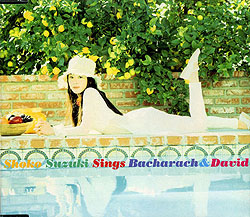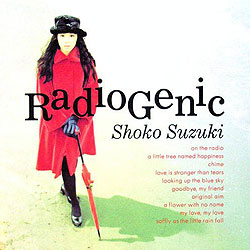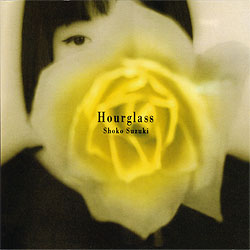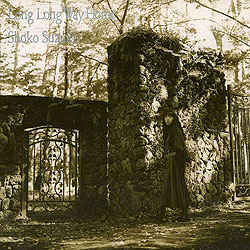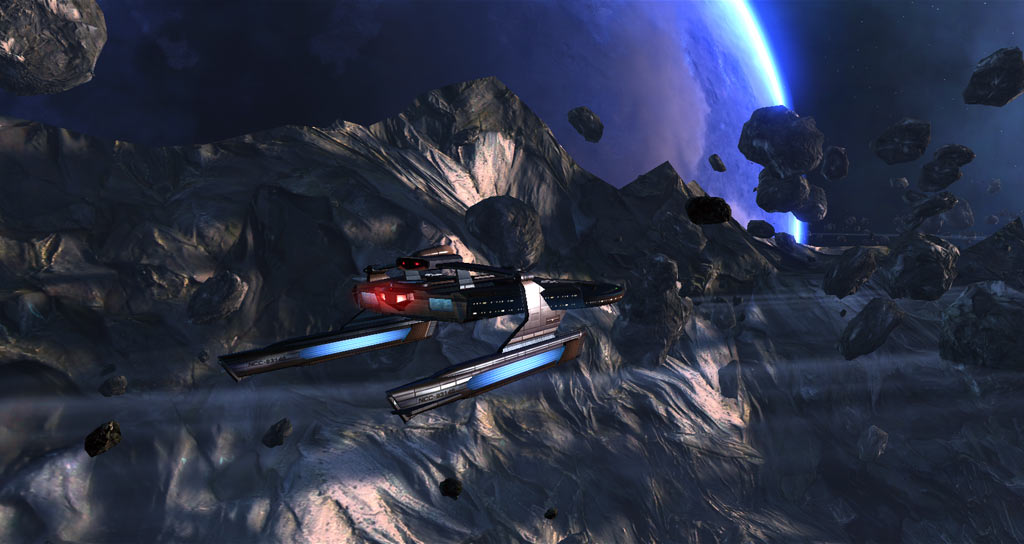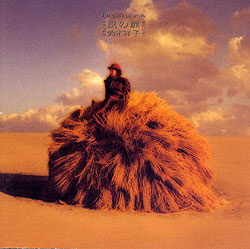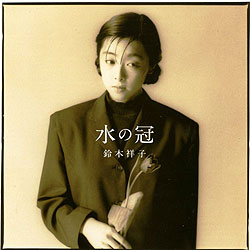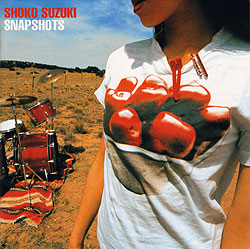
SHO-CO-REVIEW 8: Snapshots
Snapshots, released June 21, 1995, is generally considered the album where Shoko Suzuki’s music went rock. Of course, this isn’t something on the scale of Dylan going electric, as Shoko had recorded rock songs as far back as her first album…and she would continue to showcase pop songs and ballads on her future works.
